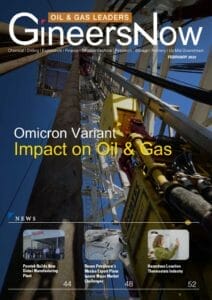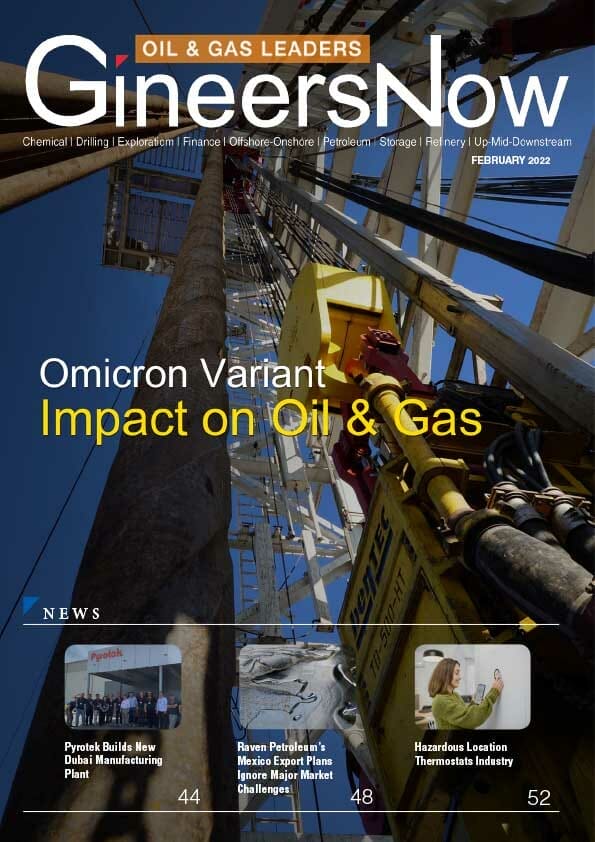Oil & Gas: The Omicron Impact in the Philippine Energy Sector
A powerful group of some of the world’s major oil producers decided earlier this month to maintain their planned increase in oil output beginning in February, as energy investors assess the possible effect of mounting Omicron COVID-19 cases.
OPEC and its non-OPEC partners, commonly known as OPEC-plus, have agreed to increase production by 400,000 barrels per day starting next month. The move was widely anticipated, given US pressure to increase supply and the absence of any new COVID-19 restrictions.
The energy alliance, led by OPEC kingpin Saudi Arabia and non-OPEC leader Russia, is now winding down historic production cuts of around 10 million barrels per day. The unprecedented production decrease was implemented in April 2020 to aid the energy market after the devastation caused by the coronavirus outbreak.
Oil prices increased by more than 50% last year, as investors bet that the highly contagious omicron form may be less severe than previously thought. This is despite the fact that COVID-19 infections have reached new all-time highs, with the United States reporting a worldwide daily record of over 1 million infections in less than 24 hours.
The choice to raise output was made easy by the fact that the 23-member group’s other manufacturers are trailing behind. They are being held back by a variety of factors, including political turmoil and underinvestment in drilling.
Nigeria, Africa’s top producer, pumped 360,000 barrels per day below its quota in November — almost enough to cancel out the group’s planned 400,000 barrels per day monthly increase. This has also an impact in the Philippine Energy Sector with the rising petrol prices according to the International Energy Agency, a weak regulatory framework, sabotage, and vandalism of oil installations are preventing Nigeria from investing in required infrastructure. Another African nation, Angola, is also pumping significantly below its limit, while Libyan output has just plunged precipitously due to political unrest.
Saudi Arabia’s decision is critical. The most reasonable way to fulfill the anticipated production increases would be for Saudi Arabia, which currently has the majority of the world’s additional capacity, to agree to exceed its quota.
Click below to read the magazine

Click here to download the magazine, Philippine Energy Sector
Click here to read on Yumpu, Philippine Energy Sector
















